THANK YOU FOR SUBSCRIBING

Privacy Can Kill You
Dr. Dirk F De Korne, Deputy Director, Medical Innovation & Care Transformation, KK Women’s and Children’s Hospital

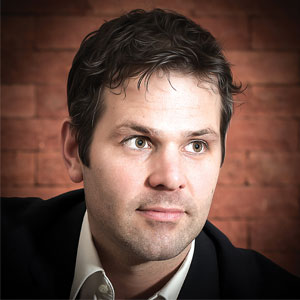
Dr. Dirk F De Korne, Deputy Director, Medical Innovation & Care Transformation, KK Women’s and Children’s Hospital
Web security is under serious scrutiny these days. Ever since we know our data is not safe at Facebook, I hear people complaining. Some are switching off their computer and phone immediately. Others unsubscribe from seemingly unsafe applications. Back to pen, paper and the farmyard.
Some were smart and were never on Facebook in the first place. Actually they also didn’t like WhatsApp. You never know what that app is, and so the whole world, will get to know about you. But yes, it is enjoyable to keep in touch with the kids in that way. No matter if they live two blocks away or at the other corner of the world. It’s so easy to send free photos and videos when newborn lambs step into the world. Or a grandchild.
Free? A free lunch doesn’t exist. You don’t pay with money, but with privacy. Someone is, or many are, interested in my online activities. WhatsApp is owned by Facebook. So a high chance that Mark Zuckerberg also watches the newborn lambs. Is that a problem? I am not sure. A letter or parcel sent by snailmail could also be opened. Everyone who lives abroad has an experience with that. Phone lines could be tapped. Even in your own car you never know if someone is listing in.
What is privacy actually? According to Wikipedia (the encyclopedia that exists thanks to the Internet and has been used massively) privacy is ability of an individual or group to seclude themselves, or information about themselves, and thereby express themselves selectively. In 1890, U.S. lawyers Warren and Brandeis argued that people have the ‘right to be let alone.’ People should always have an option to limit the access others have to one’s personal information.
According to a study from the university of chicago loneliness increases the risk of death by 14 percent
That’s why almost every country in the world has strict privacy laws for healthcare, often summarized with impressive and high-impact acronyms. From the Health Insurance Portability and Accountability Act (HIPAA) in the U.S. to the Personal Data Protection Act (PDPA) in Singapore.
This is without question of huge importance if you are visiting your physician. The sensitive information shared in the clinic should not be shared with anyone. Digital exchange of data is hence a risk: someone hacking the system can know your blood type. WhatsApp should hence not be used to exchange patient data. Trump could be interested in your blood indeed.
However I can tell you that WhatsApp is used in healthcare, often because a proper alternative is not at hand. Here in Singapore TigerText is the official application for safe chat communication. Problem is however that it can only be used within the healthcare group, so communication with the outside world is not possible. Absolutely secure, but what do you do when a new patient is bleeding to her death and nobody except who is only reachable via WhatsApp knows the blood type?
Privacy is important. No doubt about that. But how many patients have died due a lack of privacy? The reverse is far more often the case: adverse events with lethal consequences do happen because a lack of the availability of the right information at the right time in the right place. The patient case records, for example, are not around when they are needed. Many hospitals used missing case notes during outpatient consultation as a quality indicator. The paper era was in that regard extremely dangerous.
The right to be let alone is a great right. But there is also another side. A very lonely side. Loneliness is the feeling to be alone, isolated from others. Neuropsychological studies have shown that during loneliness the activated brain parts are the same as in physical pain. Loneliness is lethal. According to a study from the University of Chicago loneliness increases the risk of death by 14 percent. That implies that loneliness is two times as dangerous as obesities.
A recent meta-analysis that looked at 35 studies involving 77,220 participants showed that loneliness had a harmful effect for all-cause mortality (slightly stronger in men than in women) and independent from the effect of depression.
Life is full of risks. Hence I don’t have a problem to sacrifice some privacy to announce the arrival of our newborn daughter on Facebook. I can freely stream for four months to match the bill size of a newspaper announcement. With a global reach. And immediate response.
If the girl herself has any concerns? Haha, let me sleep, she thinks, when I am big the Internet has ceased to exist anyway…


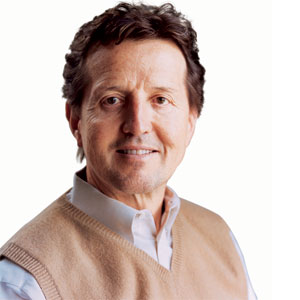
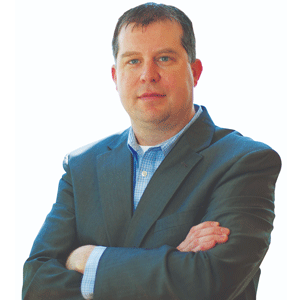
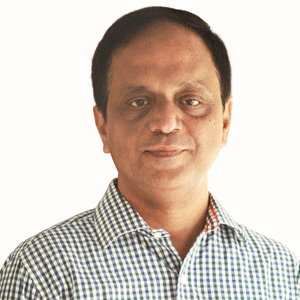
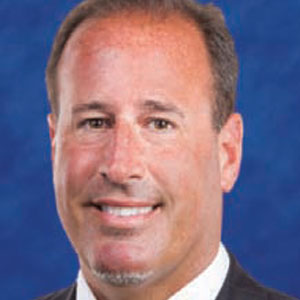

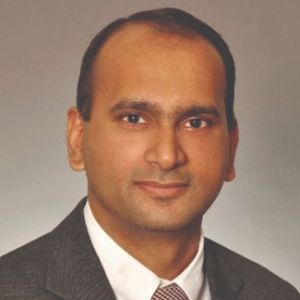

.jpg)


